How to Study PSM for NEET PG 2025? Starting with the key topics, strategies, preparation tips and preparation books for PSM can help students prepare well for the exam.
Table of Contents
How to study PSM for NEET PG 2025 examination is a common concern of aspirants aiming to appear for the exam. The full form of PSM is Preventive and Social Medicine. In the NEET PG syllabus 2025, PSM is an important subject under the Para-clinical syllabus.
NEET PG is an examination through which admission is offered to medical institutions across India for postgraduate medical programmes (MS/MD/PG Diploma).
How to Study PSM for NEET PG 2025?
PSM is often considered a vast and boring subject in the undergraduate medical programme (MBBS). The undergraduates are always concerned about how to study PSM for NEET PG 2025 as it is very integral to their NEET PG score. PSM has a total weightage of 25 marks. Hence, we have put together a few pointers to guide the candidates in preparing for PSM.
Know the Important Sub-Topics
The first and foremost while NEET PG preparation is to studying PSM for NEET PG is to thoroughly know the key areas of the PSM subject. We have compiled the most important sub-topics of PSM below.
- Programs (most important): Must revise all recent updates and newly launched programs such as Mental Health Act, RNTCP, NPCB, ICDS, NVBDCP, JSSK
- Biostatistics (numerical‐based questions), bias, sampling, confounding, confidence interval, SE, Parametric/non‐parametric test
- Epidemiology‐ Odds ratio, Study design, Hardy‐Weinberg law, secular trends and epidemics, screening, Health indices
- Biomedical waste Mx‐Classification and treatment of classified waste
- Immunisation – UIP, VVM Herd Immunity
- Demographics: Indices‐NMR, MMR, U5MR, Current values
- Nutrition‐RDA, Iodine deficiency, Vit A deficiency prophylaxis programs
- Communicable Diseases (To be covered with Micro and national programs ) – Vector‐borne, TB,
- Leprosy, Measles, Trachoma, Tetanus, Polio
Important Strategies to Follow
Following strategies when preparing for a sub-topic will be advantageous to the candidates. A few main strategies to follow for particular sub-topics are as follows.
Biostatistics and Epidemiology
- Bio-statics questions are simple and confined to chi-square. Hence the students need not go into great depth as far as biostatics is concerned. However, student t-tests and paired t-tests are also important topics.
- Knowledge of difference in results when tests are performed series-wise vs when tests are performed with series arranged parallel.
- A fair idea of distinction of characters in Qualitative or Quantitative tests and their hypothesis
- Thorough understanding of mean, median, mode, normal distribution, standard error and standard division,
- 2-3 questions from epidemiology are generally seen in NEET PG Exam
- Candidates can leave out multi-variant analysis in case the time is limited.
- It is important to give the highest priority and have clear conceptual insights on the Bias, Confounding and Effect Modifier topics.
Important: How to Crack NEET PG in First Attempt?
Epidemiology: Concept of Health and Disease
- Complete understanding (including differences, advantages, and disadvantages) of Case-control, Cohort and Randomised control trials.
- Be thorough with the following concepts: Iceberg concept, the Difference between HDI vs HPI vs PQLI, Web of Causation, and Risk approach.
Immunisation
- This topic can be easily clubbed with Pediatrics and PSM
- High yielding topic
- Refrain from cramming the contents under the topic
- Concentrate on practical rather than theoretical aspects of immunisation since application-based questions from immunisation are generally asked in the NEET PG exam.
- Educate yourselves on the National Immunization Schedule.
Programmes
- Stay updated with the newly introduced Government schemes and programmes.
- Read recent medical journals and keep yourself informed on the new monitoring techniques.
Nutrition
- Iodine Deficiency
- Knowledge of national programmes and schemes in connection with the ill-effects of malnutrition
- Pay attention to the concepts of: Vitamin Deficiency, Nutritional surveillance in the country and Growth monitoring analysis.
Also Check: Important Topics for NEET PG 2025
Bio-Medical Waste
- It is a topic in which you can score well and is also easy. It requires a maximum of 2 days of preparation only.
- Questions from this topic are often repeated; hence go through all the previous years’ questions.
- Concentrate on Incineration, and Screw fit technology and Inertization and Bio-medical waste.
Environment
- Effects of Waste Disposal
- Components of environment
- Knowledge of Tests for various types of Pollution
- Mosquito Control measures
Infections
- 3-4 questions about infections are asked in the NEET PG exam every year.
- Japanese encephalitis, Polio, Parasitic Infections – Filarial worms are the usual concepts.
- Prepare PSM + Microbiology thoroughly because most of the concepts under the two subjects are the same.
- Look into all types of infections, their respective vaccines, and National programmes.
Recent Infections
Questions on recent infections like Covid-19, Ebola, and H1N1 are frequently asked. Hence, thorough knowledge of these is recommended.
Make a Preparation Time Table
The candidates will be self-aware of the sub-topics under PSM that they are good at. Likewise, they’ll also know the topics they must concentrate on and improve. The candidates can also take mock tests to assess their areas of strength and weakness. Based on this, the candidates must make a preparation timetable by giving the subtopics and allotting time for their preparation and revision.
Preparation Tips for PSM
Adhering to certain preparation tips will yield very good results for the NEET PG aspirants. To know how to study PSM for NEET PG, the candidates can follow the given tips and the pointers mentioned above.
- Keep testing yourself regularly by taking mock tests and previous years’ question papers.
- Stick to your preparation timetable.
- Seek help from tutors or online tutorials when stuck.
- Revise the previously prepared sub-topics regularly to remember the PSM terms and jargon thoroughly.
- Stay updated with the old and new schemes related to the environment, immunisation and medical industry.
Books for PSM Preparation
PSM amounts to 25 marks in the NEET PG question paper. The following are the books prescribed for preparing the PSM subject under the Para-clinical section.
| Books | Author |
| Review of Preventive and Social Medicine | Vivek Jain |
| Self-Assessment and Review of Preventive 7and Social Medicine 10th ed 2018 | Satish S. Mali & Arvind Arora |
Also Read: Top 5 Benefits of Practising Previous Year’s NEET PG Question Papers


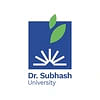
![Aligarh Muslim University, [AMU] Aligarh](https://media.getmyuni.com/azure/college-image/small/aligarh-muslim-university-amu-aligarh.jpg)



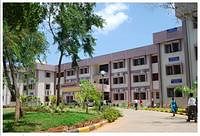
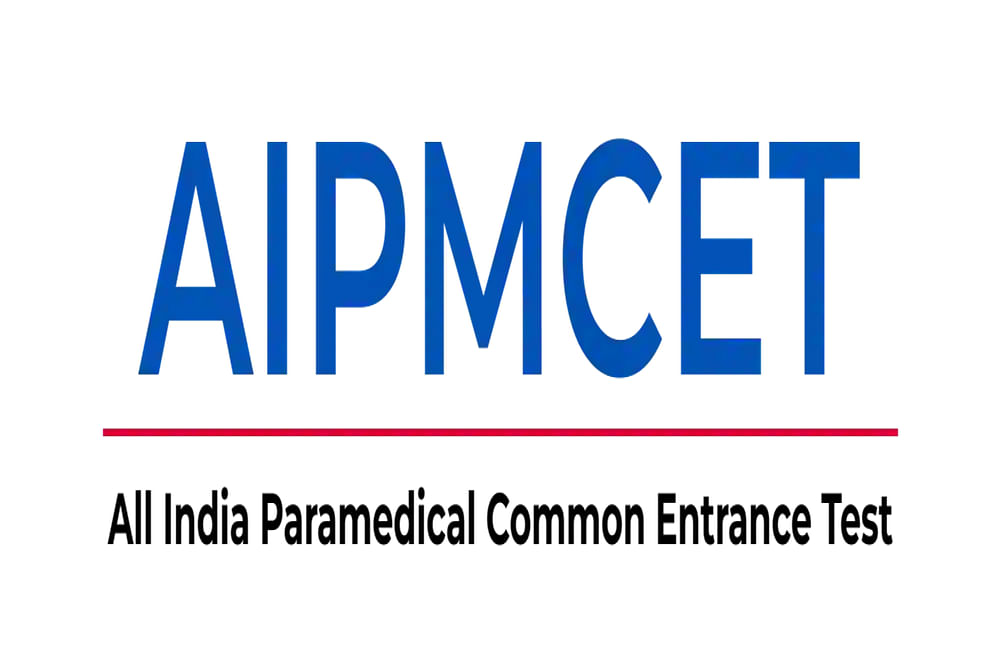
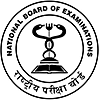
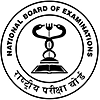



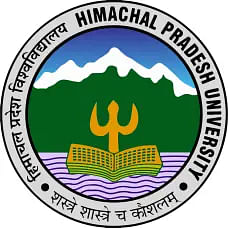




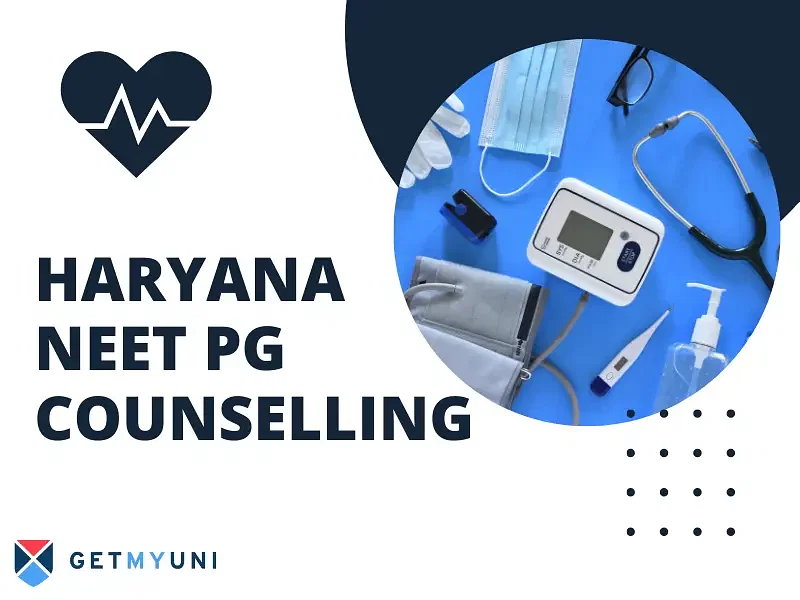






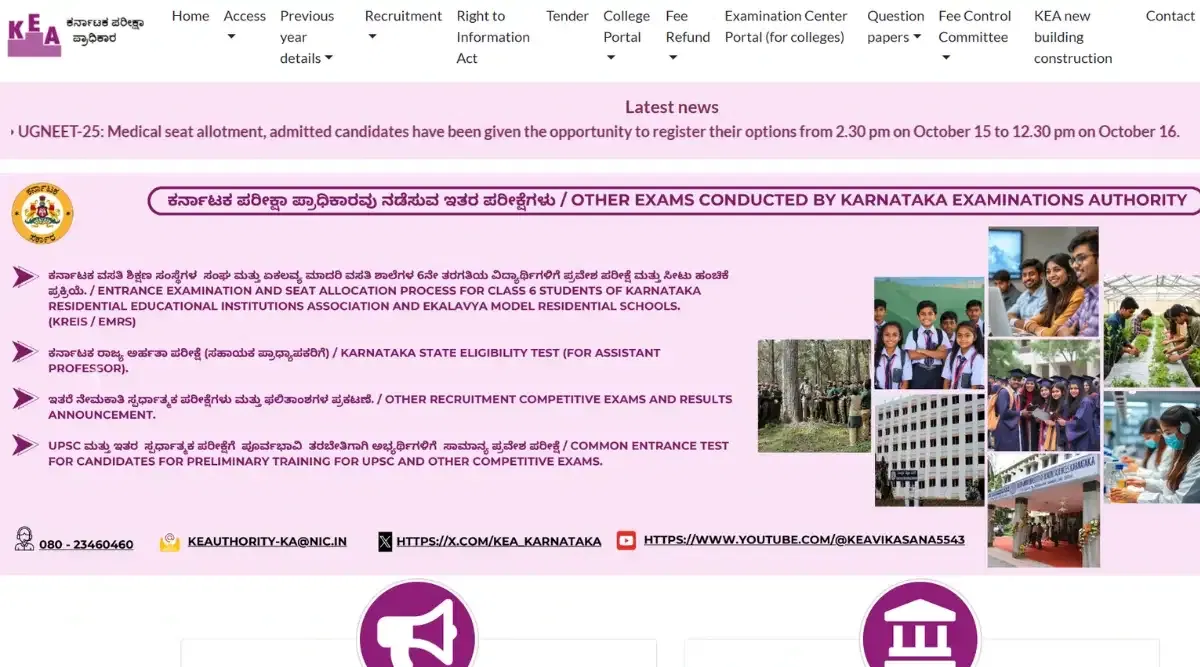
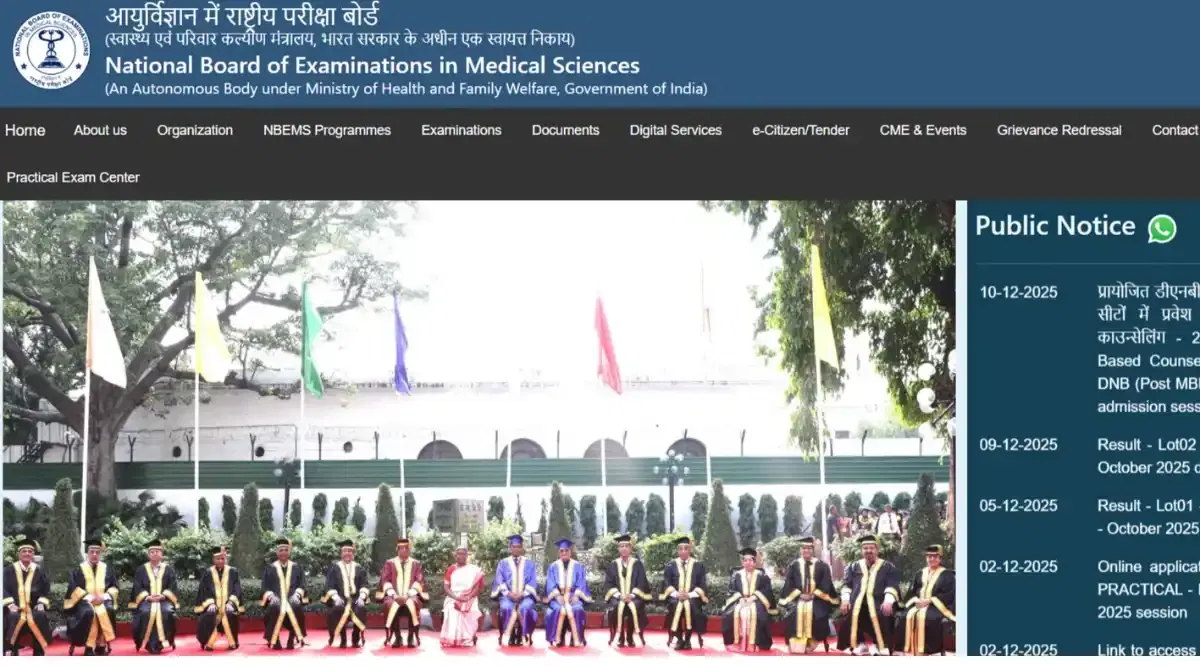
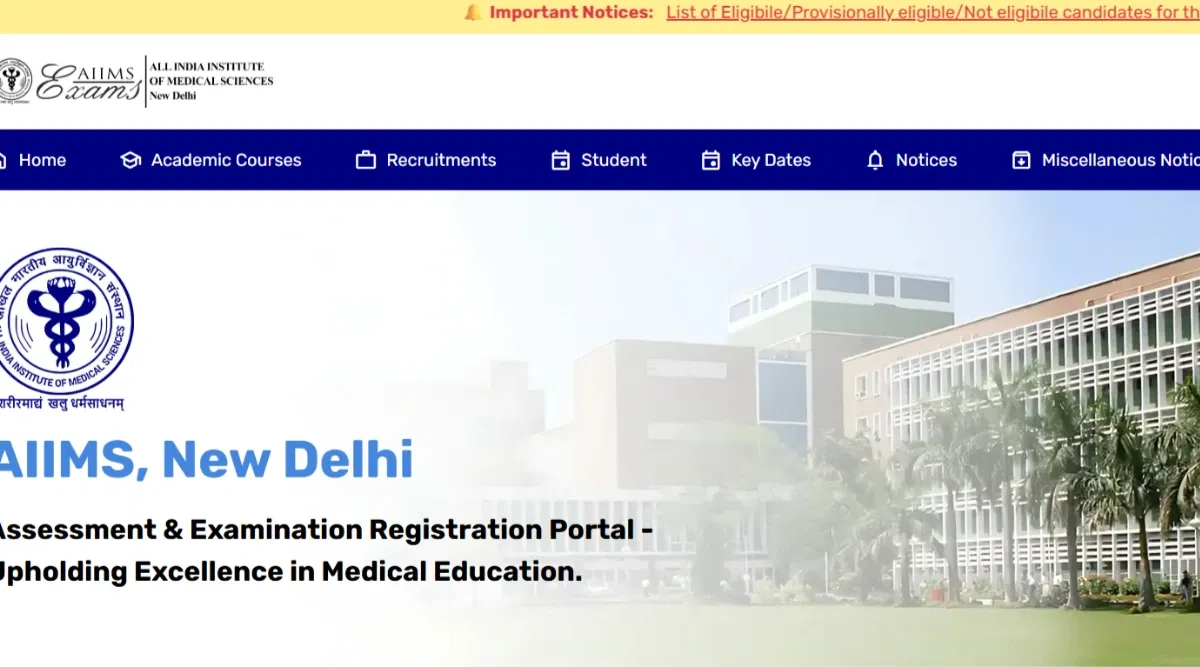

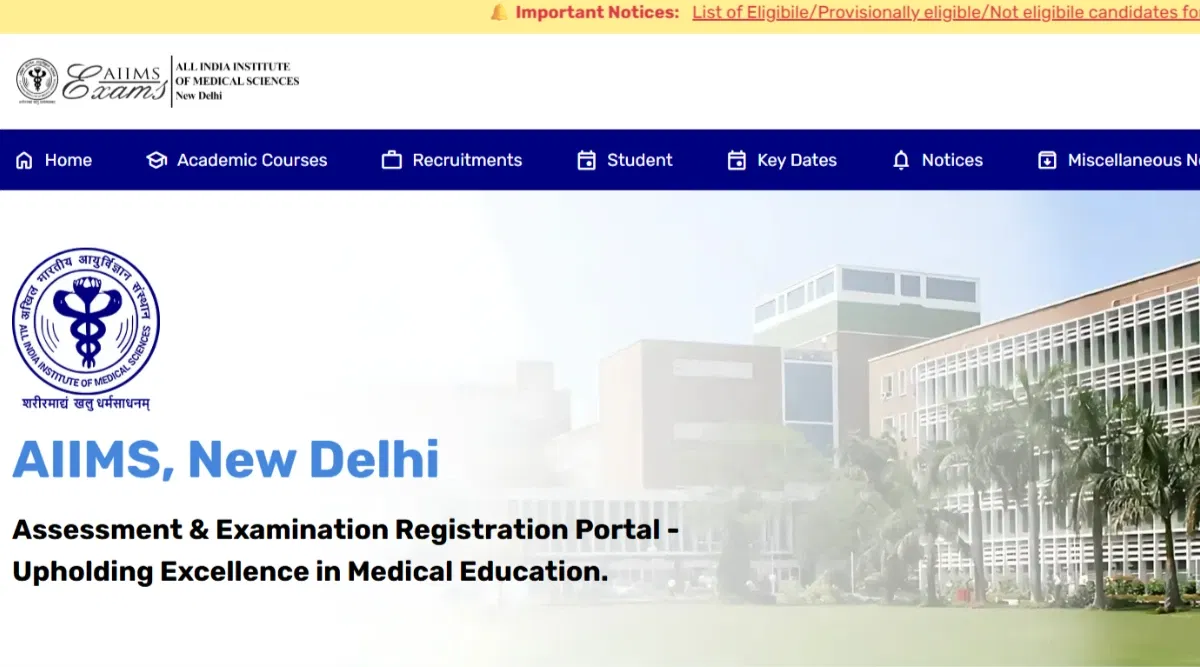



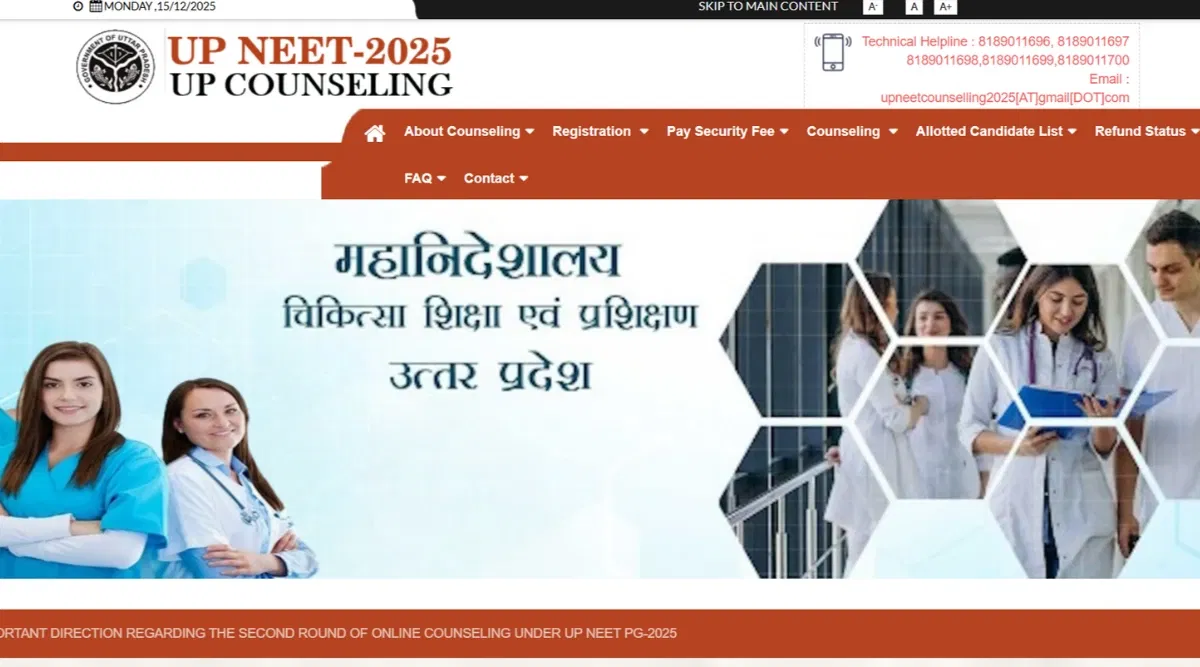
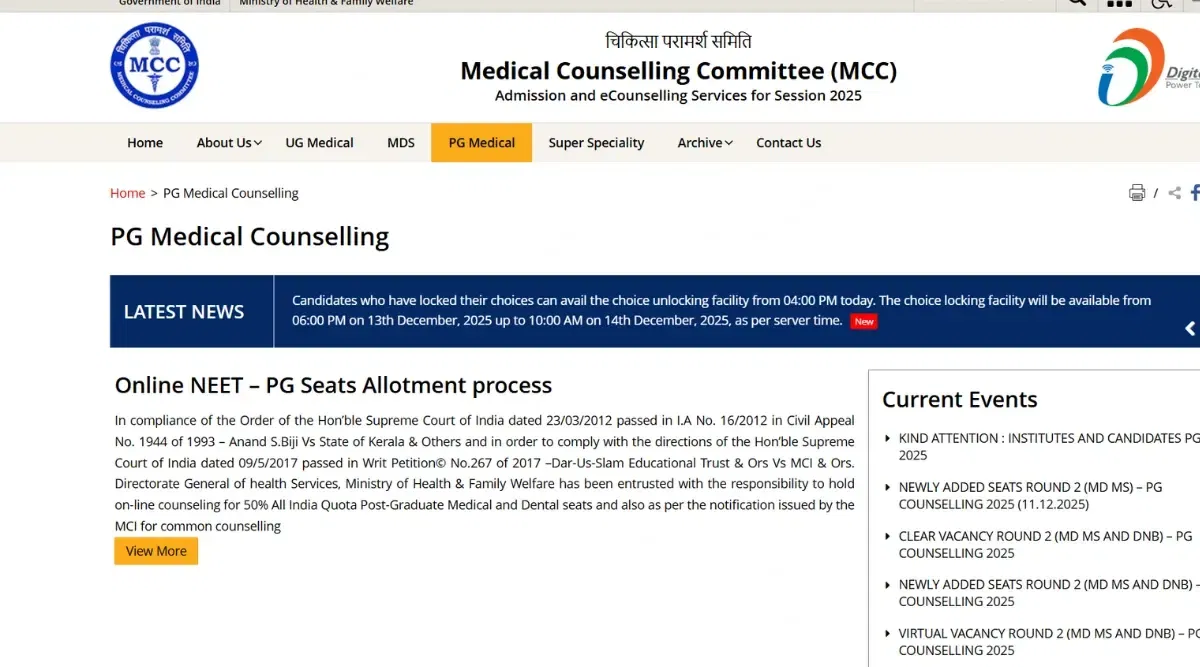

POST YOUR COMMENT